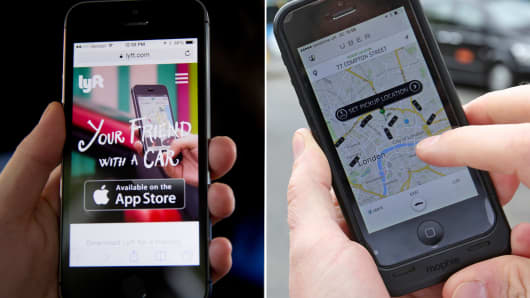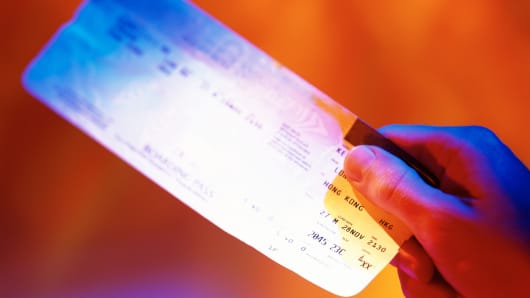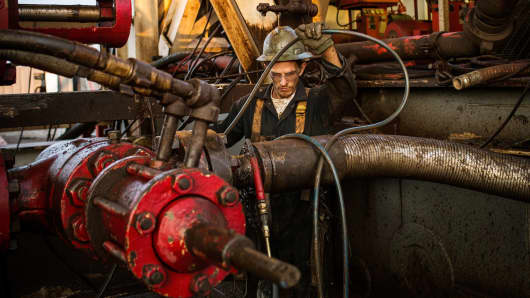By Anna Edgerton
Brazilian President
Dilma Rousseff
vowed to undertake an “immense effort” to slow inflation as
she re-tools her economic team following re-election last month.
“The most recent data shows inflation will finish the year
within the target,” Rousseff told leaders of her Workers Party
in the northeastern city of Fortaleza. “This doesn’t mean we’re
content with inflation at the upper limit of the target range,
on the contrary, we’re going to do an immense effort to reduce
inflation.”
Consumer prices in
Brazil rose 6.59 percent in October,
above the 6.50 percent upper limit of the central bank’s target.
Policy makers last month raised the benchmark Selic rate 25
basis points to 11.25 percent, the first increase since April.
Central Bank President Alexandre Tombini said yesterday that he
wants inflation to slow to 4.5 percent by 2016.
Rousseff spoke one day after naming Banco Bradesco SA
executive Joaquim Levy to be her next finance minister,
replacing
Guido Mantega. She said
Latin America’s biggest
economy needs to improve competitiveness and innovate to help
confront a global economic slowdown.
Levy said the government would pursue a primary budget
surplus target, which excludes interest payments, of 1.2 percent
of gross domestic product in 2015 and of at least 2 percent in
2016 and 2017. He also said the government would make public
accounts more transparent, work to increase the economy’s
productivity and aim to reduce gross public debt as a percentage
of GDP.
Slower growth and a widening budget deficit prompted
Moody’s Investors Service in September to cut Brazil’s credit
outlook to negative. Moody’s rates Brazil Baa2, two levels above
junk. Six months earlier
Standard & Poor’s reduced Brazil’s
rating to the lowest level of investment grade.
“We will take the necessary measures, without shocks, in a
way that’s gradual, systematic and efficient, as has been done
since the beginning of 2003 when we took charge of the
country,” Rousseff said.


































